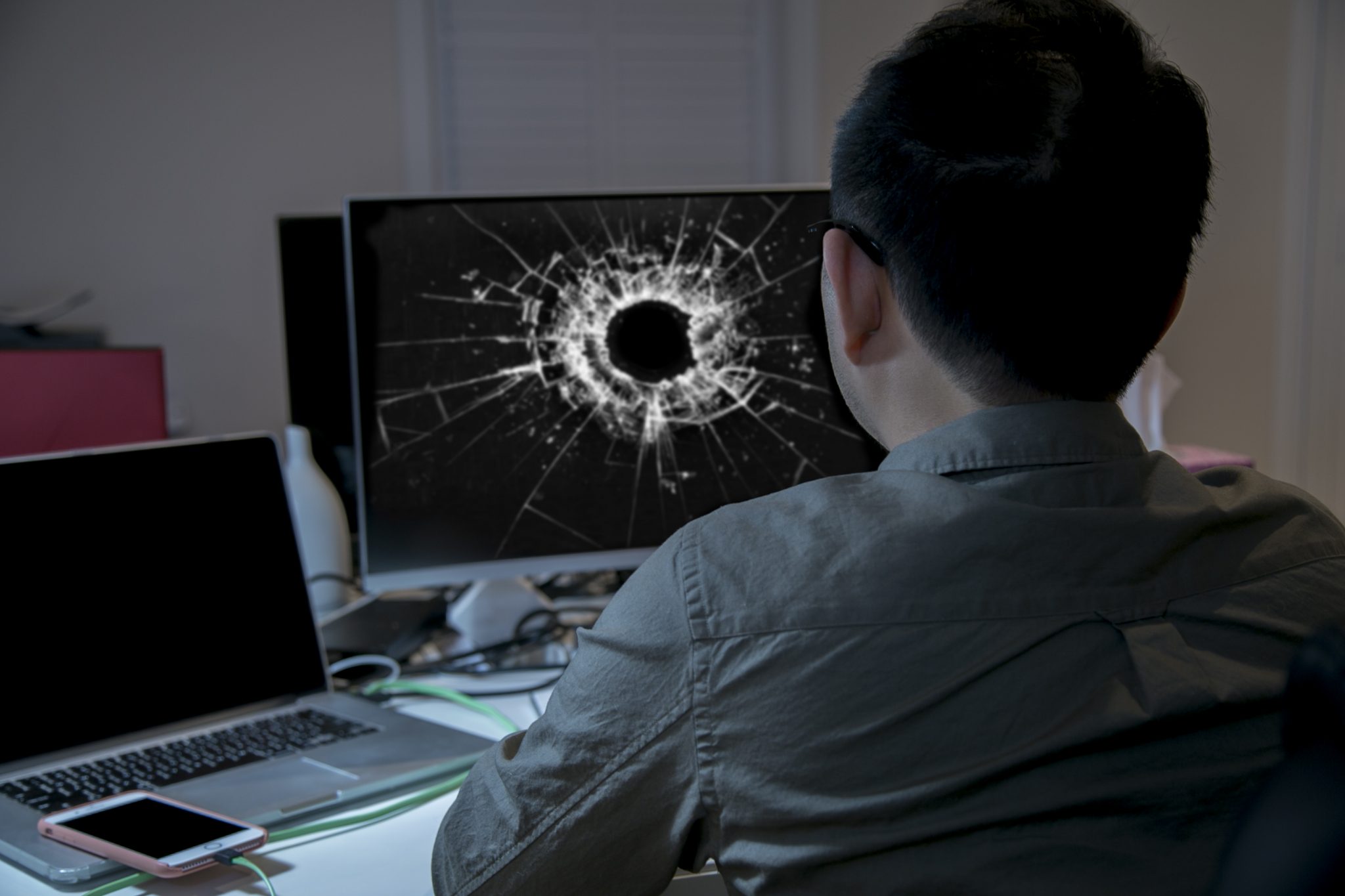Black Mirror: A reflection of the modern world?


This morning I saw Pizza Hut tweet a picture of their concept for a fully autonomous delivery vehicle.
Shortly after this went out, the official twitter handle for Black Mirror — the much talked about Netflix exclusive which was picked up off of British television public-access station, Channel 4 — sent out a response. “We know how this goes,” the tweet read, rather ominously.
Those who watch the show will instantly recognize the strong resemblance between the Pizza Hut vehicle and another driverless vehicle that appeared on “Crocodile”, the third episode in Black Mirror‘s most recent Netflix drop.
The response from Black Mirror‘s official handle and, in turn, the fan reaction to that, are both indicative of the — almost — universal acclaim that the show has achieved since becoming a Netflix exclusive. When quickly scrolling through the thread, I see hundreds of fans engaging and interacting in thoughtful ways, not unlike the meaningful interactions I’ve had discussing episodes of the show with my peers.
But those conversations—even they are easily translatable and digestible in various formats.
That is a big part of why I have come to the conclusion that Black Mirror is one of television’s first completely international offerings — not intrinsically tied to any specific place or time —and that adds heavily to the unnerving disconnect from reality the show seems to provide fans. Even when it critiques some of our more disturbing and, frankly, realistic behavioral traits.
Black Mirror is essentially like a window into an alternate reality; it’s fun to indulge our fears, but anything more than a peak might be too much too handle.
The creators of Black Mirror have done a good job of channeling the on-the-nose social commentary that was once packed into every episode of the cold-war era gem The Twilight Zone into a format and structure that strikes a chord with millennial audiences in particular, making for a show that comes off as equal parts wise and bleak. The casting and story-telling are phenomenal and diverse; the characters, plot and setting almost force you to detach from your own reality and plug into one that feels oddly familiar, but coldly uncomfortable and distant at the same time.
Making use of a unique set of voices — series four is led by a cast of strong female leads, two of which are women of colour — the show taps into the collective mindset that is weary of technology but still sees its benefits and uses. Each universe the show sucks you into could be one that is just barely removed from your own, and the show and its writers do a good job of taking advantage of that feeling — the implication on the show is that some of these ideas aren’t as far fetched as they seem when you are first unpacking them.
On top of all of that, Black Mirror, over and over again, creates these fascinating and, mostly dystopian universes that all have their roots in our own reality. Watching each episode commands you to implore how things got to be the way they did, even if you may never find out. Each universe and landscape that the show creates seems to have barely scratched the surface of concept exploration, and for that reason the show feels like a tease at times. That is not to say that they don’t do each concept justice, it’s more to say that they leave room for the show to grow organically at any chance.
For example, rumors have been circulating that the show’s director has already expressed interest in making Star Trek parody/homage, “U.S.S. Callister” into a full length series. Also, quite interestingly, the creators have confirmed a series of short stories and novellas poised to start coming out this year, the first of which is set for a Feb. 20 release.
Hearing this news made perfect sense to me as a fan of the show.
I would say that — having watched the show progress and develop into what it is now — the only real complaint to have is that the episodes often leave you longing for more, which is also characteristically one of the most important aspects of any anthology series.
Black Mirror is essentially like a window into an alternate reality; it’s fun to indulge our fears, but anything more than a peak might be too much too handle.
Fortunately, the show walks that line very closely, allowing for an experience that is equal parts unnerving and comforting, but never quite the same.


